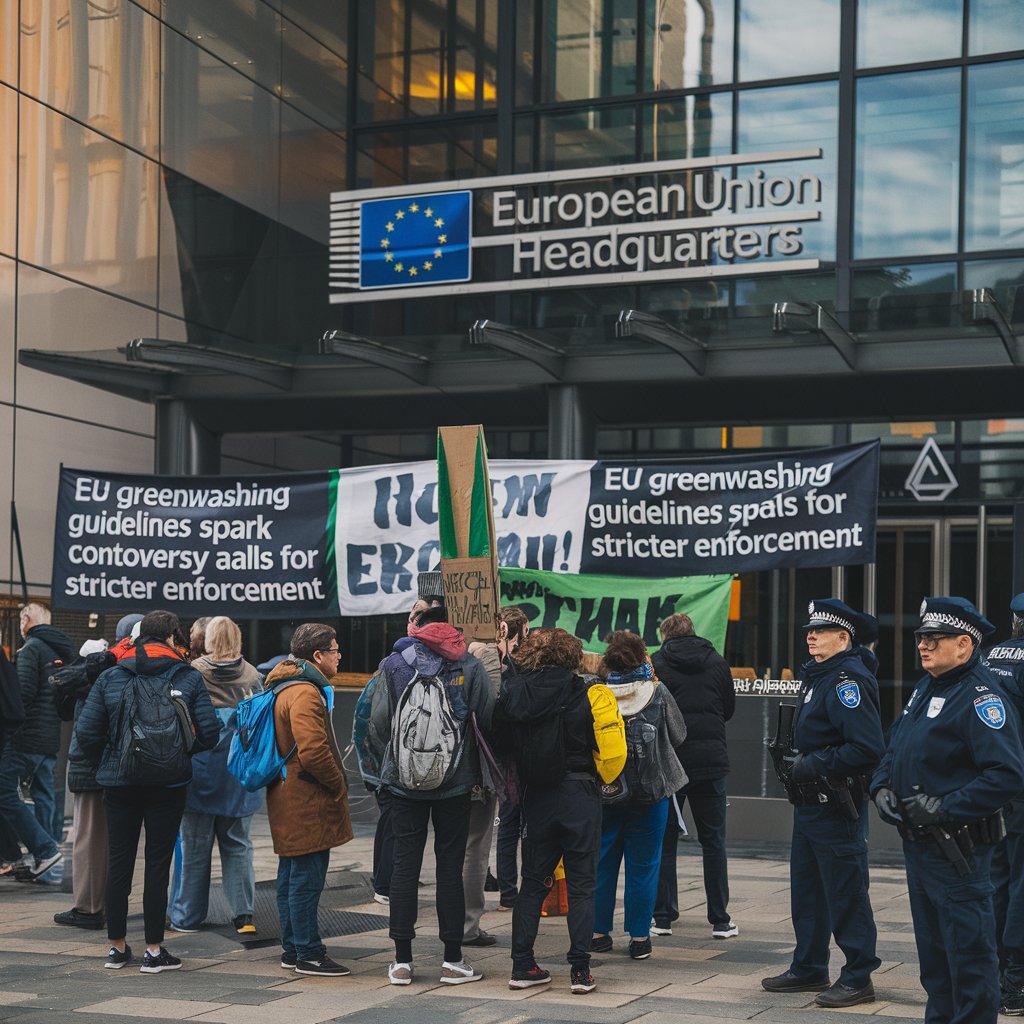March 3, 2025
Proposed EU anti-greenwashing guidelines, designed to combat misleading environmental claims, have drawn criticism for lacking enforcement mechanisms. Environmental groups argue the draft rules—aimed at ensuring corporate sustainability claims are “clear, accurate, and verifiable”—fail to address loopholes that allow companies to exaggerate eco-friendly practices.
Critics highlight that the guidelines do not mandate penalties for non-compliance, relying instead on voluntary adherence. This follows revelations that 40% of corporate climate pledges lack credible verification, undermining consumer trust . The EU’s push for transparency aligns with broader efforts to standardize emissions tracking, as seen in AI-driven tools that monitor supply chains in real time.
Meanwhile, industries like aviation and manufacturing, which face scrutiny over greenwashing, could face stricter reporting requirements if the guidelines are revised. Advocates stress that binding rules, not voluntary standards, are essential to meet the EU’s 2030 climate targets











